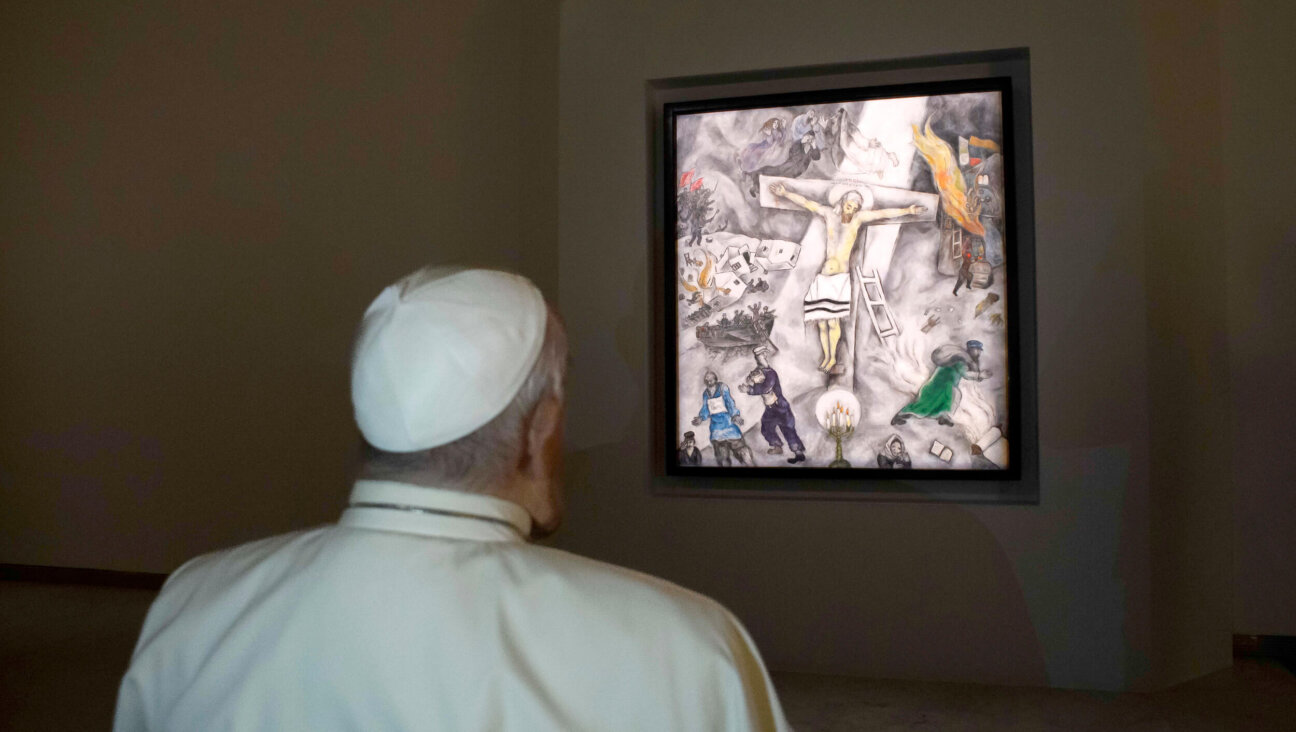Wanted: A Gospel Worth Following

Southern Heat: Justin Taylor?s novel fol- lows his 2010 collection of short stories, ?Everything Here Is the Best Thing Ever.? Image by BILL HAYWARD
The Gospel of Anarchy
By Justin Taylor
Harper Perennial, 256 pages, $13.99
For many, college is a first sip of freedom, but for the characters in Justin Taylor’s debut novel, college is an incarnation of the evil machine against which they were born to rebel.
“The Gospel of Anarchy,” is set in the inland swamp of Gainesville, Fla., during the summer of 1999. Gainesville is home to one of the country’s largest state universities, and Taylor hones in on its triple threat of “student ghetto,” bourgeois “Republicats” and the parasitic businesses that suck parental money from fun-seeking kids. Offended by this and feeling set apart is David, a secular Jew and former student with a fetish for lugubrious internet porn and a compulsion to perform what must be some of the most glum novelistic masturbation to date.
Being reprimanded at his call center job for enacting what he sees as a basic human kindness unhinges something inside him. He is unjustly reprimanded and, feeling discontent with the world and his station in it, he takes to sending naked images of his ex-girlfriend to a listserv hungry for skin.

Southern Heat: Justin Taylor?s novel fol- lows his 2010 collection of short stories, ?Everything Here Is the Best Thing Ever.? Image by BILL HAYWARD
“The Gospel of Anarchy” comes hard on the heels of Taylor’s frenetic and fresh-voiced coming-of-age story collection, “Everything Here Is the Best Thing Ever,” (Harper Perennial 2010) and a collaboration with Eva Talmadge applauding literary tattoos, “The Word Made Flesh.” Throughout his fiction, Taylor, a native Miamian, gives voice to a particular form of secular Southern Jewishness pressed into punky young men in the region. He treats this archetype suspiciously, lovingly and with humor; his Jews are “Hanukkah-and-lox, not Kashrut-and-Shabbos,” as he writes in “Tennessee,” a story in “Everything Here Is the Best Thing Ever.” Taylor’s protagonists, like many of their real Southern counterparts, cling to the traditions and symbols that allow them to feel Jewish without marking them as too different from the Christian majority.
On a walk to clear his head, David encounters another secular Jew suspicious of his roots — Thomas, who is dumpster diving with a female friend for half-eaten gyros. David follows them to Fishgut, a dilapidated house near campus; home to wanderers and runaways, punks and “aspiring Luddites,” and venue for the frequent bacchanalian orgies that alarm both readers and participants alike. In an effort to circumvent the American college experience, David arrives at an all-too-college-like scene of bingeing and promiscuity.
The sections David narrates, which are significant in size and bookend the story, are undoubtedly the novel’s strongest. It’s the closest we come to knowing anybody in this stifling world of demon computers and oppressive strip malls, which are peppered throughout and regarded with contempt by the anarchists-in-training. Once at Fishgut, the narrative is given over to an omniscient third-person that roams above the house’s inhabitants in order to differentiate them. Rather than provide a bird’s-eye view, though, the flat tone has a tendency to make the reader fly away.
The narrative seems most comfortable in David’s at first curious and increasingly ecumenical perspective; Things go awry when we leave David’s narration and are blown around the periphery of several other housemates’ lives. The residents are drifters and mostly college dropouts who move outside Gainesville’s mainstream as much as possible, though commerce catches up with them when their needs can’t be satiated with the meager bits they steal. Love couples, triangles and quadrangles form, dissolve and re-form. David joins the bed of two women, one of whom is the plush temptress, Katy, a ringleader and a “wannabe Brigham Young.” The “anarchists” of Fishgut persistently crash against each other, yet it’s unclear whether they feel anything at all, not unlike many of the protagonists in “Everything Here Is the Best Thing Ever.”
What galvanizes the sleepy commune to action is a vision to take to the presses and codify a religious doctrine based on the diaries of a bum who once lived in Fishgut. He is Parker, and he becomes their dime store Jesus, their rebel God and father figure. None of the housemates has much background in liturgy, but they so badly need something to believe in that they shape their gospel around the one who, smartly, got away. The disciples orchestrate a religious ceremony of making soup from what’s left in the fridge. Explicitly to mock the Jewish tradition, they mark the start of their Sabbath well after sundown, and extend it to Monday to spite those on the grid — people who need to wake up for their jobs.
Fishgut’s mostly Christian doctrinarism is somewhat surprising, as Christian gospel is already so pervasive in the world they extract themselves from, and because evangelism reeks of everything they long not to be. The sole success of these nebulous anarchists is to lurch from a shadow college existence to a shadow religious one — but the narrative shows little awareness of the satirical possibilities of this irony.
Fishgut’s many impressionistic sensory experiences — the surging punk music, noxious body odor and rancid food, the dim flicker of Catholic prayer candles imprinted with various saints — make it feel like an unshowered hostel full of unknowable human shapes. There is only so much to be done with a group of smelly not-quite-rebels who want little and achieve less. And unfortunately, the intermittent poems, screeds and narrative platitudes only further garble the pace and tone. Soon after we enter Fishgut, the pulse and wit of Taylor’s prose ebbs away and the plot stagnates in the standing water of Fishgut’s swamp.
“Christianity alone has felt that God… must have been a rebel as well as a king,” writes the English author G.K. Chesterton in the novel’s opening quote. The rebel-king figure inspires the wannabe anarchists, who believe their faith is unique. And perhaps Taylor is laughing at the notion that faith is enough. “What is faith anyway?” he asks. But Christianity claiming a monopoly on the concept of rebel-king is an absolute that, like the oxymoron of organized anarchy, does not hold. After all, the tempestuous God of the Hebrew Bible was a rebel, too.
Contact Allison Yarrow at [email protected]
Click here to listen to a podcast with the author, Justin Taylor.
The Forward is free to read, but it isn’t free to produce

I hope you appreciated this article. Before you go, I’d like to ask you to please support the Forward.
Now more than ever, American Jews need independent news they can trust, with reporting driven by truth, not ideology. We serve you, not any ideological agenda.
At a time when other newsrooms are closing or cutting back, the Forward has removed its paywall and invested additional resources to report on the ground from Israel and around the U.S. on the impact of the war, rising antisemitism and polarized discourse.
This is a great time to support independent Jewish journalism you rely on. Make a Passover gift today!
— Rachel Fishman Feddersen, Publisher and CEO
Make a Passover Gift Today!
Most Popular
- 1

News Student protesters being deported are not ‘martyrs and heroes,’ says former antisemitism envoy
- 2

News Who is Alan Garber, the Jewish Harvard president who stood up to Trump over antisemitism?
- 3

Fast Forward Suspected arsonist intended to beat Gov. Josh Shapiro with a sledgehammer, investigators say
- 4

Opinion What Jewish university presidents say: Trump is exploiting campus antisemitism, not fighting it
In Case You Missed It
-

Fast Forward Harvard president: As a Jew, ‘I know very well’ that concerns about antisemitism are valid
-

Fast Forward Ben Shapiro, Emily Damari among torch lighters for Israel’s Independence Day ceremony
-

Fast Forward Larry David’s ‘My Dinner with Adolf’ essay skewers Bill Maher’s meeting with Trump
-

Sports Israeli mom ‘made it easy’ for new NHL player to make history
-
Shop the Forward Store
100% of profits support our journalism
Republish This Story
Please read before republishing
We’re happy to make this story available to republish for free, unless it originated with JTA, Haaretz or another publication (as indicated on the article) and as long as you follow our guidelines.
You must comply with the following:
- Credit the Forward
- Retain our pixel
- Preserve our canonical link in Google search
- Add a noindex tag in Google search
See our full guidelines for more information, and this guide for detail about canonical URLs.
To republish, copy the HTML by clicking on the yellow button to the right; it includes our tracking pixel, all paragraph styles and hyperlinks, the author byline and credit to the Forward. It does not include images; to avoid copyright violations, you must add them manually, following our guidelines. Please email us at [email protected], subject line “republish,” with any questions or to let us know what stories you’re picking up.















